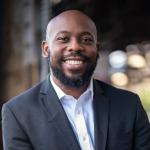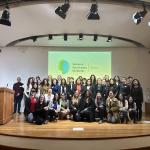From The New York Times
By danah boyd and Alice Marwick
THE suicide of Jamey Rodemeyer, the 14-year-old boy from western New York who killed himself last Sunday after being tormented by his classmates for being gay, is appalling. His story is a classic case of bullying: he was aggressively and repeatedly victimized. Horrific episodes like this have sparked conversations about cyberbullying and created immense pressure on regulators and educators to do something, anything, to make it stop. Yet in the rush to find a solution, adults are failing to recognize how their conversations about bullying are often misaligned with youth narratives. Adults need to start paying attention to the language of youth if they want antibullying interventions to succeed....
In our research over a number of years, we have interviewed and observed teenagers across the United States. Given the public interest in cyberbullying, we asked young people about it, only to be continually rebuffed. Teenagers repeatedly told us that bullying was something that happened only in elementary or middle school. “There’s no bullying at this school” was a regular refrain....
Antibullying efforts cannot be successful if they make teenagers feel victimized without providing them the support to go from a position of victimization to one of empowerment. When teenagers acknowledge that they’re being bullied, adults need to provide programs similar to those that help victims of abuse. And they must recognize that emotional recovery is a long and difficult process.
But if the goal is to intervene at the moment of victimization, the focus should be to work within teenagers’ cultural frame, encourage empathy and help young people understand when and where drama has serious consequences. Interventions must focus on positive concepts like healthy relationships and digital citizenship rather than starting with the negative framing of bullying. The key is to help young people feel independently strong, confident and capable without first requiring them to see themselves as either an oppressed person or an oppressor.









